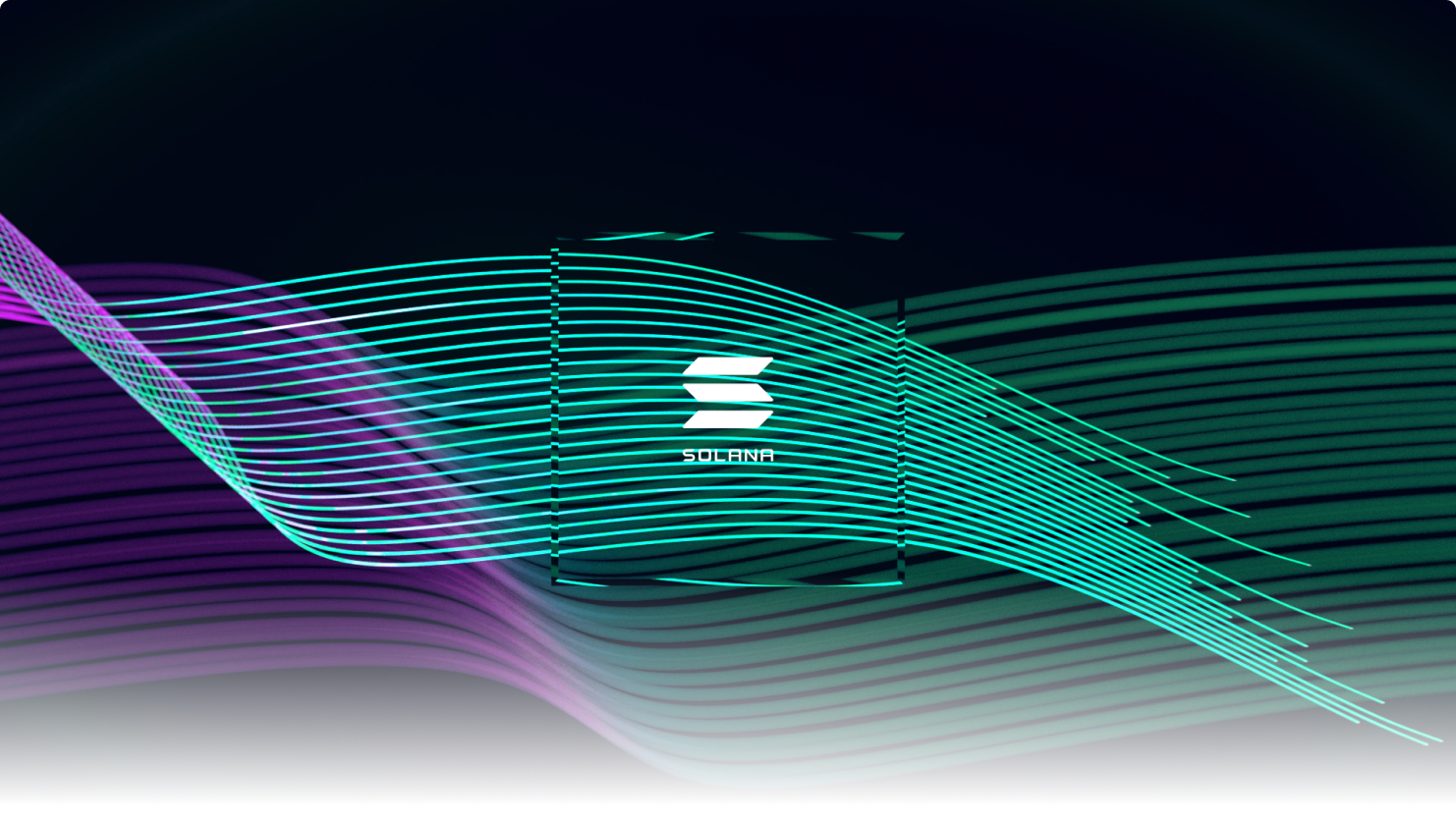 Suggestions to stake Solana safely without having them in an exchange with good APY?
Suggestions to stake Solana safely without having them in an exchange with good APY?
Want to control them, having them in my wallet and with some kind of a contract lock them to get extra $SOL. Not interested in liquidity pool pairs that I would have to sell the other and then get Solana. Any recommendations?
